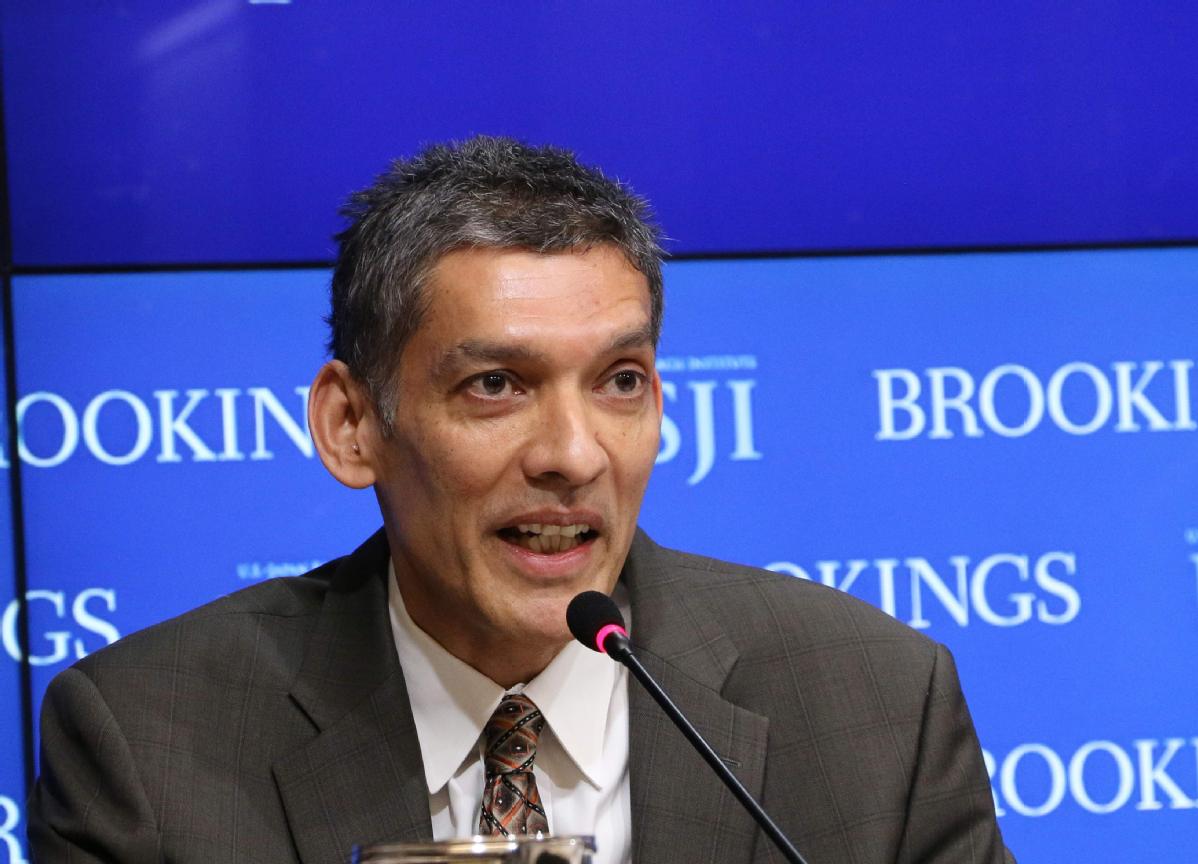Recent economic developments have brought about a surprising turn of events as the United States takes a lead over China in the race for economic supremacy.
Wall Street is witnessing faster-than-expected growth, soaring markets, and inflation nearing the Federal Reserve’s 2% target, signaling the possibility of a soft landing.
On the flip side, China’s economy appears distressed, with markets in a prolonged slump, weakening consumer confidence, and uncertainties surrounding the Evergrande real estate crisis.
Read More: Trump’s Path to Nomination: Voter Sentiments and Challenges
The US Solidifies Global Growth
Eswar Prasad, a professor of trade policy at Cornell University and former head of the International Monetary Fund’s China division, notes that the US has solidified its position as the primary driver of global growth.

This contrasts with the narrative of just a year ago when concerns arose about a potential US recession while China seemed to thrive.
“The US has solidified its position as the main driver of global growth, which is all the more striking as the rest of the world is struggling to maintain decent growth,” he mentioned.
Factors Behind the Shift
The stark difference in economic performance between the US and China is attributed to the inherent resilience of the US economy.
China, on the other hand, grapples with various short-term and long-term challenges, including a declining labor force, an unraveling property market, and diminishing confidence in government policies, leading to deflation concerns.
“It is remarkable to see the US economy blazing ahead while the Chinese economy sputters and slips into deflation.”
“This difference is mainly due to the innate resilience of the US economy while China continues to be held back by a number of short-term and long-term problems,” Eswar Prasad remarked.
Impact on US-China Relations
The weakening Chinese economy and uncertain growth prospects are influencing the Chinese government to seek a reduction in trade tensions with the US.
Both nations appear keen to prevent further escalation of trade hostilities, especially as the US approaches election season, where anti-China rhetoric is expected to intensify.
Quoting Eswar Prasad, “China’s weak economy and uncertain growth prospects are no doubt making the Chinese government more eager to reduce trade tensions with the US since those tensions are adding to already uncertain growth prospects and hurting business confidence.”
Investor Considerations
Investors should be cautious when assessing news about the Chinese economy.
Despite the Chinese government’s attempts to stimulate economic activity through increased spending, interest rate cuts, and market support measures, these actions have had limited impact due to persistent issues with weak household and business confidence.
JPMorgan Chase’s Succession Plan
Shifting focus, JPMorgan Chase, the largest US bank, has recently announced leadership changes, triggering speculation about the succession plan for CEO Jamie Dimon.
As Dimon approaches his 68th birthday, Marianne Lake is appointed as the sole CEO of the consumer division, and Jennifer Piepszak will lead the combined commercial and investment bank.
Also Read: Peter Navarro Receives Four-Month Jail Sentence for Contempt of Congress
NSA’s Purchase of Americans’ Internet Data
In a concerning revelation, it has been disclosed that the National Security Agency (NSA) has been purchasing Americans’ web browsing data from commercial data brokers without warrants.

This revelation adds to growing concerns about government agencies buying sensitive information without proper oversight, raising questions about privacy and data security.
Conclusion
The unexpected economic shift between the US and China brings about geopolitical implications and underscores the dynamic nature of global economic landscapes.
As the US takes the lead, investors, policymakers, and citizens alike must carefully navigate the complexities of these economic developments and their broader impacts on international relations and stability.
Read Next: China’s Efforts at Davos to Lure Investment Highlight Economic Challenges
